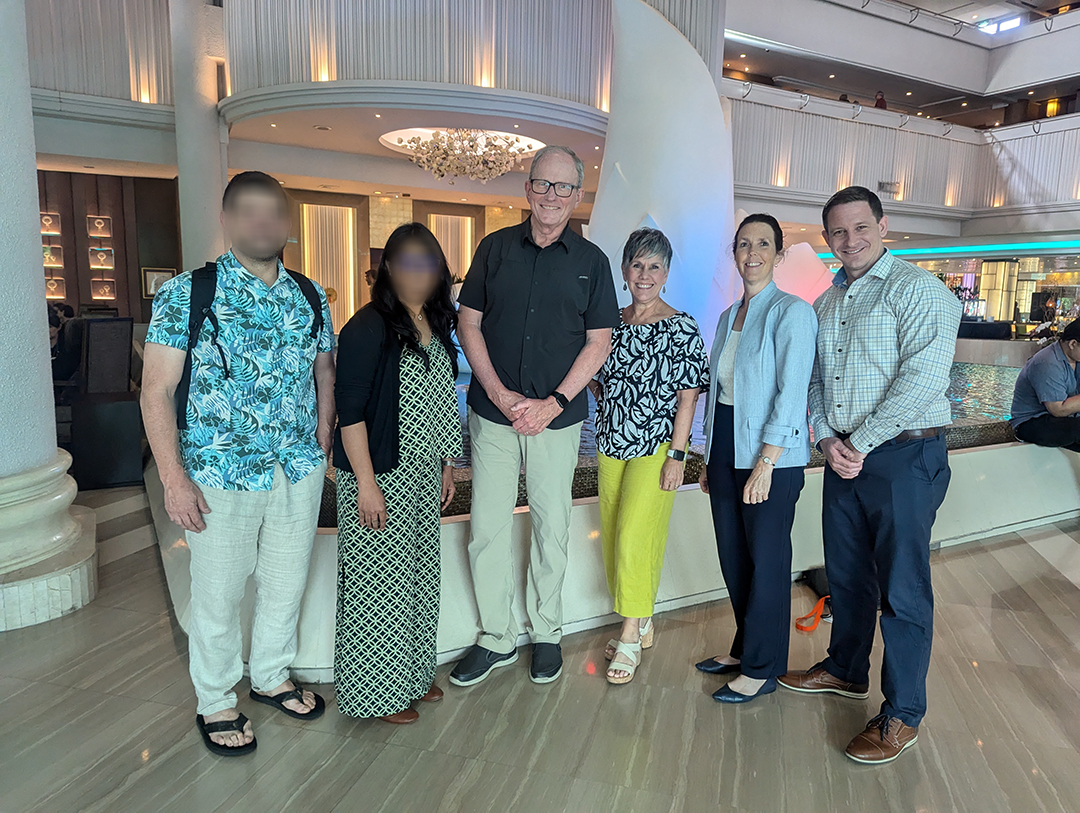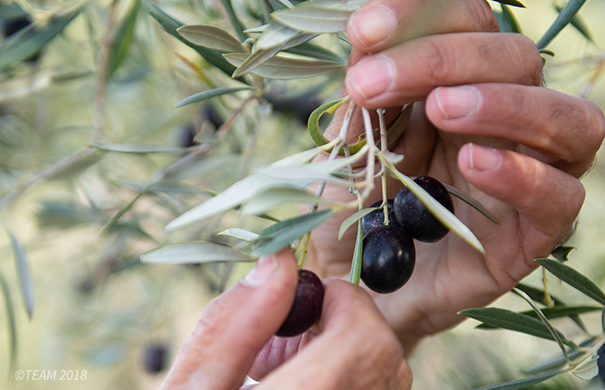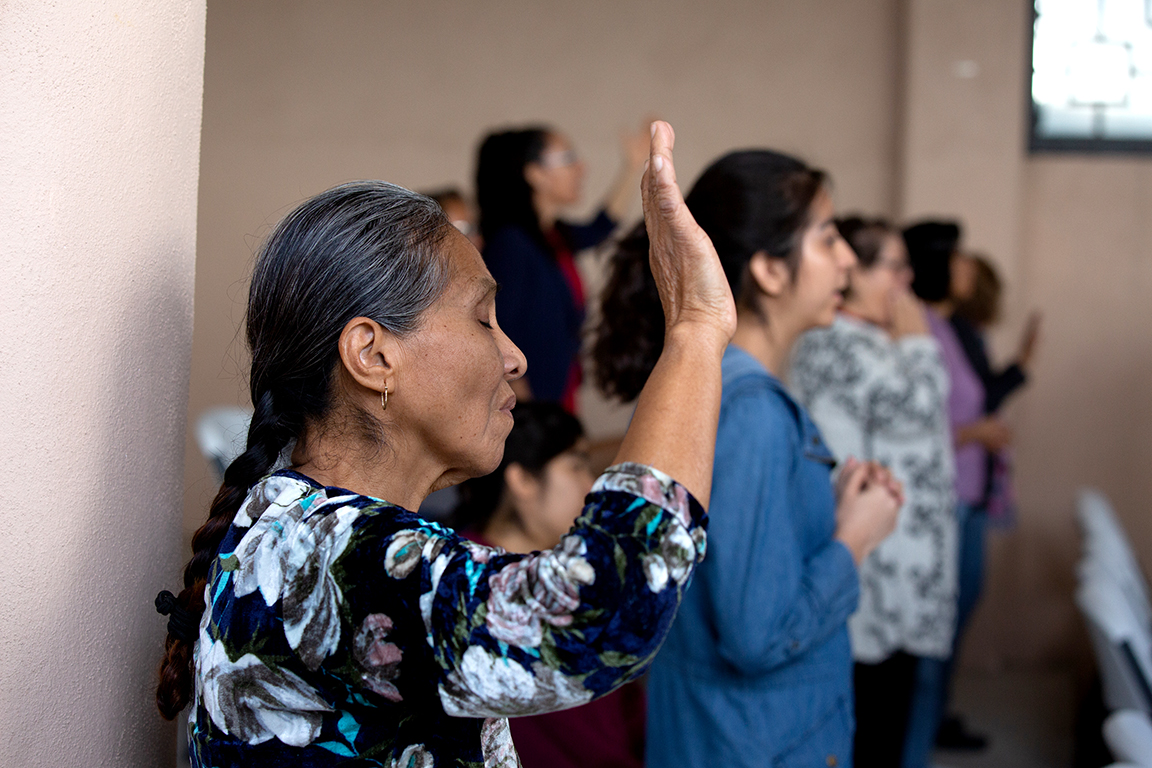
Missions Resources
What We Get Wrong About Church Planting
October 23, 2018
by Mark Watson

Church planting has become cool again. Networks like City to City and Acts 29 are growing exponentially. There are church planting conferences and boot camps, and church planting books being written. Even This American Life, a famous podcast, did an episode about church planting.
As a church planter in Guatemala, it’s exciting to see my personal passion receive so much attention. And yet, there are still some key misconceptions lingering about church planting.
Maybe you remember the children’s rhyme: Here is the church, here is the steeple, open the doors, see all the people.
From childhood, we learn to associate church with the building. We learn that the people are inside the church. It shouldn’t surprise us, then, that we often reduce church planting down to renting a building and starting a church service.
However, that mindset inevitably causes us to call things churches that aren’t — and there will be genuine churches that we won’t recognize.
So what does it really mean to plant a church?
Getting Our Terms Straight
Before we can define what it means to plant a church, we have to understand what a church is. Maybe that seems obvious, but bear with me.
A church is the local community (family) of believers in the Gospel of Jesus Christ, gathered and empowered by the Spirit, to participate in the Father’s mission on Earth. This means the church is not the building or even the Sunday service. It’s the people in the building at the Sunday service.
We sometimes slide into the error of believing that everything related to our mission has to happen within the building. So, instead of sharing our faith with our neighbor, we just invite them to church so our pastor can talk with them. We assume that only professional ministers can evangelize.
Instead of studying our Bible together and encouraging each other in our faith, we depend on Sunday sermons to be sufficient for our growth. We assume that only professional ministers can study the Bible.
However, when we realize that we are the church, sent into the world, we can all participate in God’s mission at all times — even if we’re not in the building.
Our church in Guatemala refers to our building as the bodega, the warehouse. The warehouse is where our church gathers. Understanding that the church is the community of believers gives us greater clarity when discussing church planting.
Harvesting the Church
If the church isn’t the building or weekly service, then church planting must begin long before either is established. It’s often a process that continues into the life of the church and may eventually include getting a building or starting a Sunday service.
In its simplest form, church planting is bringing together the fruit of evangelism.
Church planting begins with sharing the Gospel with people who have not heard it or believed in it. As people believe in the Gospel, they gather together to form a new family of disciples of Jesus Christ.
In the beginning, they may come together for a Bible study in someone’s living room. They may gather to eat meals, play soccer together, encourage one another in times of difficulty, share their faith with other friends who are not believers. Essentially, the point is to create spaces where they can continue to disciple these new believers in Christ.
This bringing together of the fruit of evangelism will eventually lead to a weekly service where they begin worshipping together as a faith community. However, it is important that the weekly service not replace these other expressions of biblical community.
In this sense, “church planting” is a bit of a misnomer. What we are actually planting is the Gospel and what we are harvesting is the church. Church planting occurs as we share the Gospel with others and bring them together with the goal of doing the things that a local church should do.
What a Church Does After It’s Planted
This new family of believers in the Gospel begins to practice the things that a church does. What this church does can be summarized with two words gather and scatter.
Every church gathers under godly leaders, under the teaching of God’s Word, for the sacraments and for mutual encouragement. Every church then scatters to make more disciples, do good deeds and engage the culture around them.
Every Sunday our church fills the bodega. We sing together, study God’s Word together and often break bread together. Then we leave the bodega and scatter into Guatemala City.
Throughout our week, we meet in smaller groups we call missional communities to encourage one another. We share the Gospel with others, serve the needs of our neighbor and engage the culture at large.
Our prayer is that we will get to plant other churches as we send people to different parts of the city to share the Gospel and gather its fruit.
Every Church’s Purpose
This is church planting in its simplest form. It’s bringing together a new family of believers who gather and scatter.
This means church planting may look very different from culture to culture. Churches may be small in some cultures and big in others. Some may have buildings, while others do not. Some gather on Sundays, while others meet during the week. Some sing with a loud band, while others have a few people leading without instruments.
In the end, the way a church gathers and scatters will look different from culture to culture. But they all have something in common: They bring together new believers and scatter them to bring Christ to their communities.
If you want to learn more about becoming a church planter, explore the opportunities with TEAM and talk with a missions coach today!
Related articles



